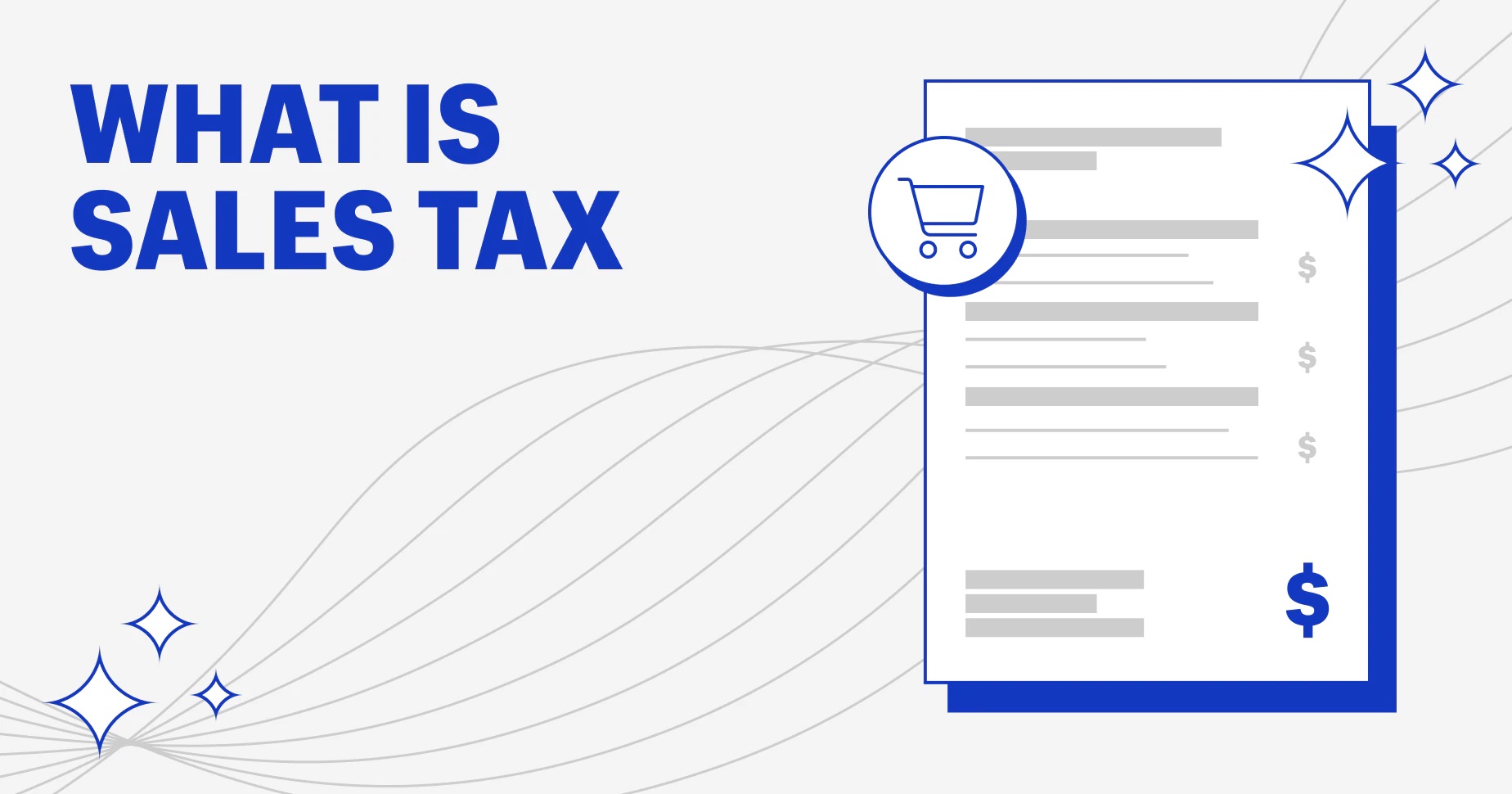
When it comes to making purchases, sales tax is something that most people are familiar with. It is a common form of taxation that is added to the total cost of goods and services at the point of sale. While many of us encounter sales tax on a regular basis, there may be some facts about it that you are unaware of.
In this article, we will delve into 11 interesting and insightful facts about sales tax. Whether you are a consumer or a business owner, understanding these facts can provide valuable knowledge about how sales tax works and its impact on our daily lives.
So, let’s dive in and explore some intriguing facts about sales tax that you may not have known before.
Key Takeaways:
- Sales tax varies by location, affecting what you pay for goods and services. It helps fund public services but can be regressive, impacting low-income individuals more.
- Businesses must navigate complex sales tax laws, collecting and remitting taxes while promoting tax fairness. Online purchases may also be subject to sales tax.
Sales tax is a consumption tax
Sales tax is a type of tax imposed by governments on the sale or lease of goods and services. It is a form of consumption tax that is typically calculated as a percentage of the purchase price or value of the transaction.
Sales tax rates vary by jurisdiction
One of the interesting facts about sales tax is that the rates can differ from one jurisdiction to another. Different states, cities, and even counties may have their own sales tax rates, which can range from a few percent to double-digit percentages.
Sales tax is typically added at the point of sale
When you make a purchase, sales tax is usually added at the point of sale. This means that the tax amount is included in the total price you pay for the goods or services. The responsibility for collecting and remitting the sales tax lies with the seller.
Some items are exempt from sales tax
While most goods and services are subject to sales tax, there are certain exemptions. Common examples include prescription drugs, groceries, and items purchased for resale. Each jurisdiction has its own list of exempt items, so it’s important to check the local regulations.
Online purchases may be subject to sales tax
In recent years, there has been a push to require online retailers to collect and remit sales tax. This means that when you make a purchase online, you may be required to pay sales tax, just like when you buy from a physical store.
Sales tax contributes to government revenue
Sales tax serves as an important source of revenue for governments at all levels. The funds collected from sales tax are used to finance public services and infrastructure projects, such as education, healthcare, transportation, and more.
Sales tax can be regressive
One aspect to consider about sales tax is that it can be regressive. This means that it disproportionately affects low-income individuals, as they end up paying a larger percentage of their income in sales tax compared to higher-income individuals.
Businesses are responsible for sales tax compliance
Businesses that sell goods or services are responsible for sales tax compliance. This includes registering for a sales tax permit, collecting the appropriate tax from customers, filing regular sales tax returns, and remitting the collected tax to the appropriate tax authority.
Sales tax promotes tax fairness
One argument in favor of sales tax is that it promotes tax fairness. Everyone who makes a purchase contributes to the tax revenue, regardless of their income level. This helps distribute the tax burden more evenly across the population.
Sales tax can have economic effects
The imposition of sales tax can have an impact on consumer behavior and economic activity. Higher sales tax rates may discourage spending and lead to consumers seeking alternatives or making purchases in jurisdictions with lower tax rates.
Sales tax laws can be complex
Navigating sales tax laws can be challenging. Given the various rates, exemptions, and jurisdictional differences, it’s advisable for businesses to consult with tax professionals or use specialized software to ensure compliance with the applicable sales tax laws.
Conclusion
In conclusion, sales tax is an important aspect of our everyday lives. Understanding how it works and its implications can help individuals and businesses make informed financial decisions. From its purpose of generating revenue for government programs to its variations across different states and localities, sales tax plays a crucial role in our economy.By knowing the basic principles of sales tax, such as nexus and tax-exempt goods, individuals can better manage their personal finances and plan their purchases accordingly. Similarly, businesses can ensure compliance with sales tax regulations and avoid any potential legal issues. It’s essential to educate ourselves about sales tax to make informed decisions and contribute to the growth of our economy.Remember, sales tax can vary depending on the location, type of goods or services, and even online purchases. Stay informed and consult with tax professionals if you have any specific questions or concerns. Sales tax may seem complex at first, but with a little understanding, we can navigate this financial landscape more confidently.
FAQs
Q: What is sales tax?
A: Sales tax is a consumption tax imposed on the sale of goods and services. It is collected by businesses on behalf of the government and is typically a percentage of the purchase price.
Q: How is sales tax calculated?
A: Sales tax is calculated by multiplying the purchase price of a good or service by the applicable tax rate. The tax rate can vary depending on the location, type of item, and any specific exemptions or exclusions.
Q: Are all goods and services subject to sales tax?
A: No, not all goods and services are subject to sales tax. Some items, such as food, medications, and certain professional services, may be exempt from sales tax depending on the state and local regulations.
Q: Can I be exempt from paying sales tax?
A: Yes, certain individuals or entities may be exempt from paying sales tax. For example, nonprofit organizations, government entities, and resellers may have specific exemptions based on their nature of business or purpose.
Q: Can sales tax rates vary?
A: Yes, sales tax rates can vary depending on the state, county, and even city or municipality. It’s important to be aware of the specific tax rates applicable to your location and the items you are purchasing.
Q: Do online purchases require sales tax?
A: Yes, online purchases are typically subject to sales tax. However, the requirements for collecting and remitting sales tax on online purchases have evolved over time. It’s best to consult with tax professionals or refer to the specific laws of your jurisdiction.
Q: Can businesses claim sales tax deductions?
A: Yes, businesses can often claim deductions for the sales tax they have paid on purchases related to their business activities. These deductions can help reduce the overall tax liability for businesses.
Q: Is sales tax the same as value-added tax (VAT)?
A: No, sales tax and value-added tax (VAT) are different. Sales tax is imposed at the point of sale, while VAT is a multi-stage tax levied at each stage of production and distribution.
Q: What is the purpose of sales tax?
A: The purpose of sales tax is to generate revenue for various government programs and services. It helps fund public infrastructure, education, healthcare, and other essential services.
Q: Can sales tax rates change over time?
A: Yes, sales tax rates can change over time. Governments may increase or decrease tax rates depending on economic conditions, budgetary needs, or legislative changes.
Q: How can I ensure compliance with sales tax regulations?
A: To ensure compliance with sales tax regulations, it’s advisable to keep accurate records of sales and purchases, stay informed about the tax rates applicable to your location, and consult with tax professionals if you have any specific concerns or questions.
Was this page helpful?
Our commitment to delivering trustworthy and engaging content is at the heart of what we do. Each fact on our site is contributed by real users like you, bringing a wealth of diverse insights and information. To ensure the highest standards of accuracy and reliability, our dedicated editors meticulously review each submission. This process guarantees that the facts we share are not only fascinating but also credible. Trust in our commitment to quality and authenticity as you explore and learn with us.


